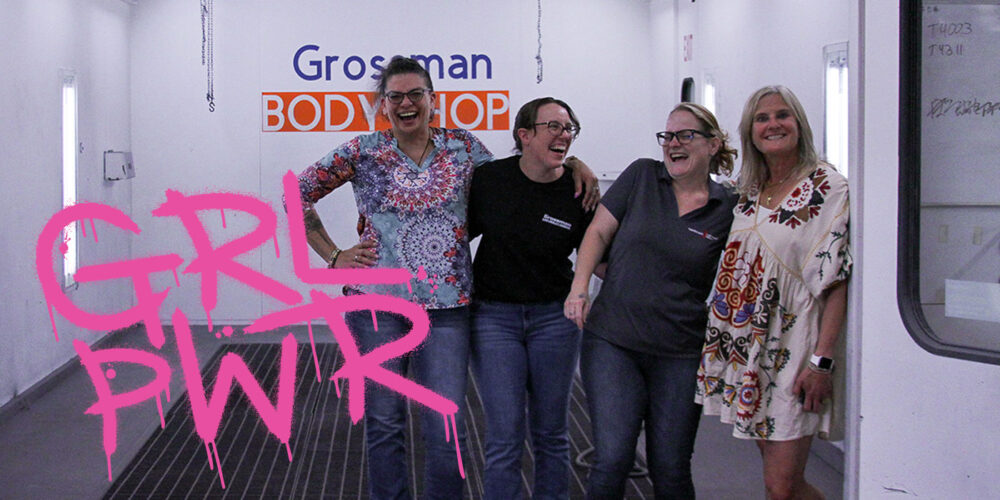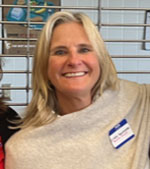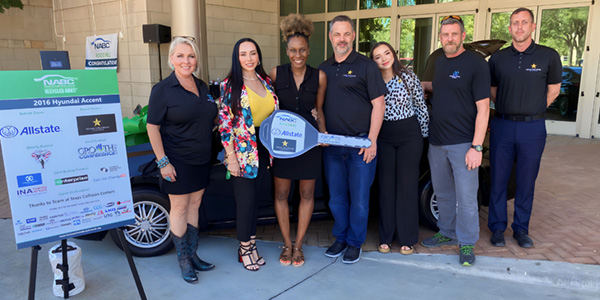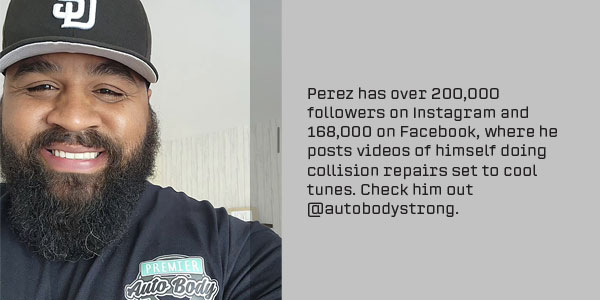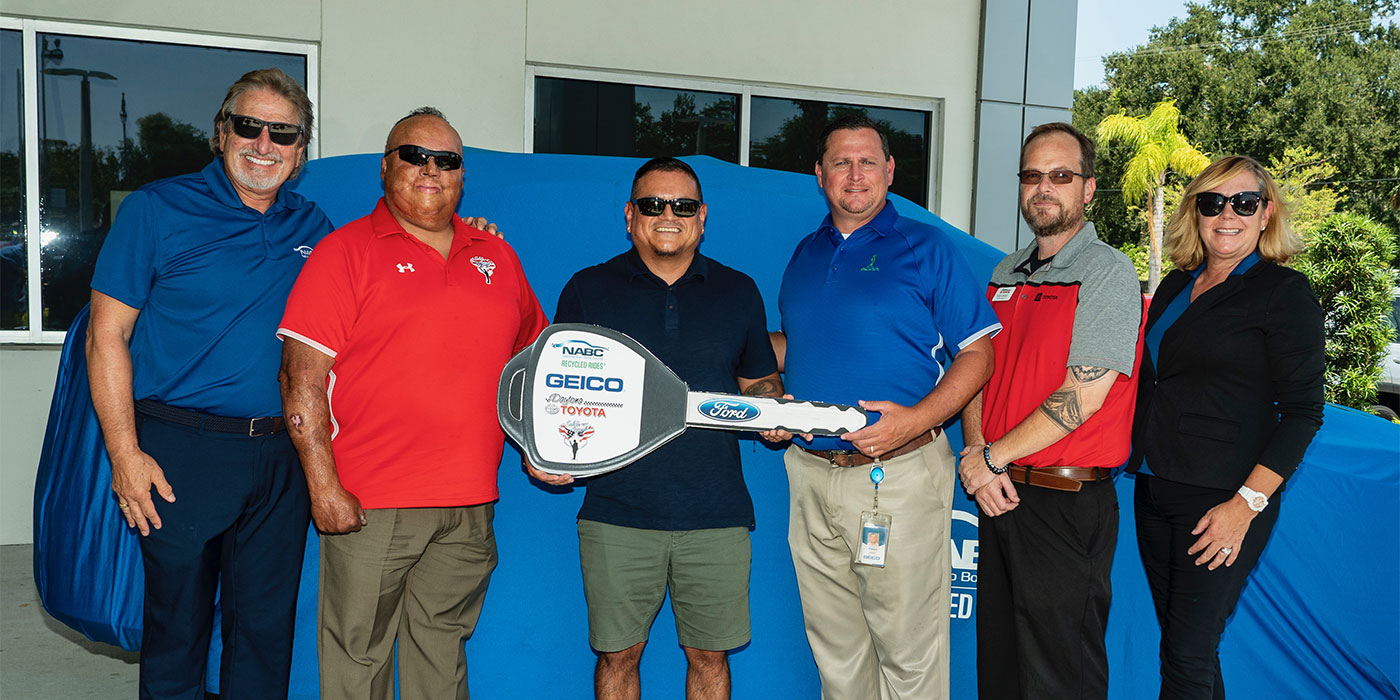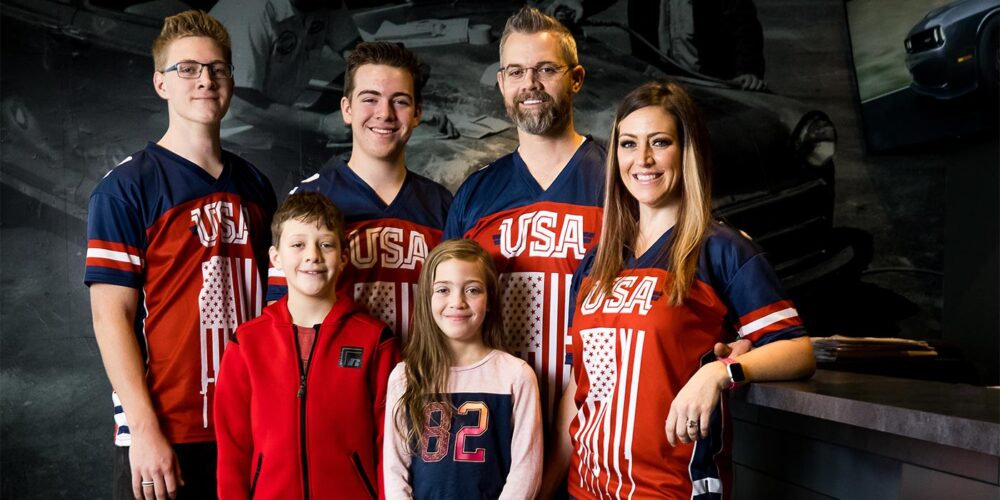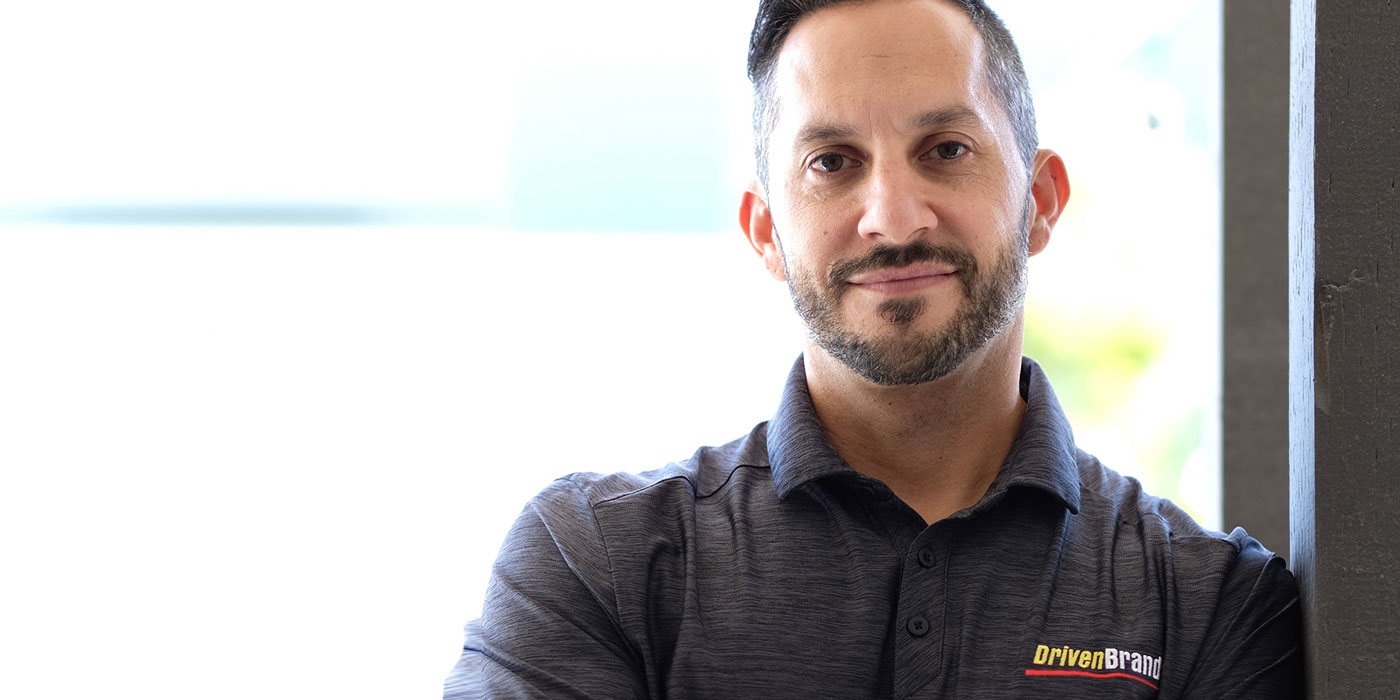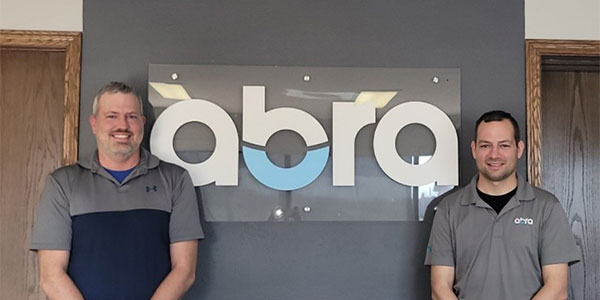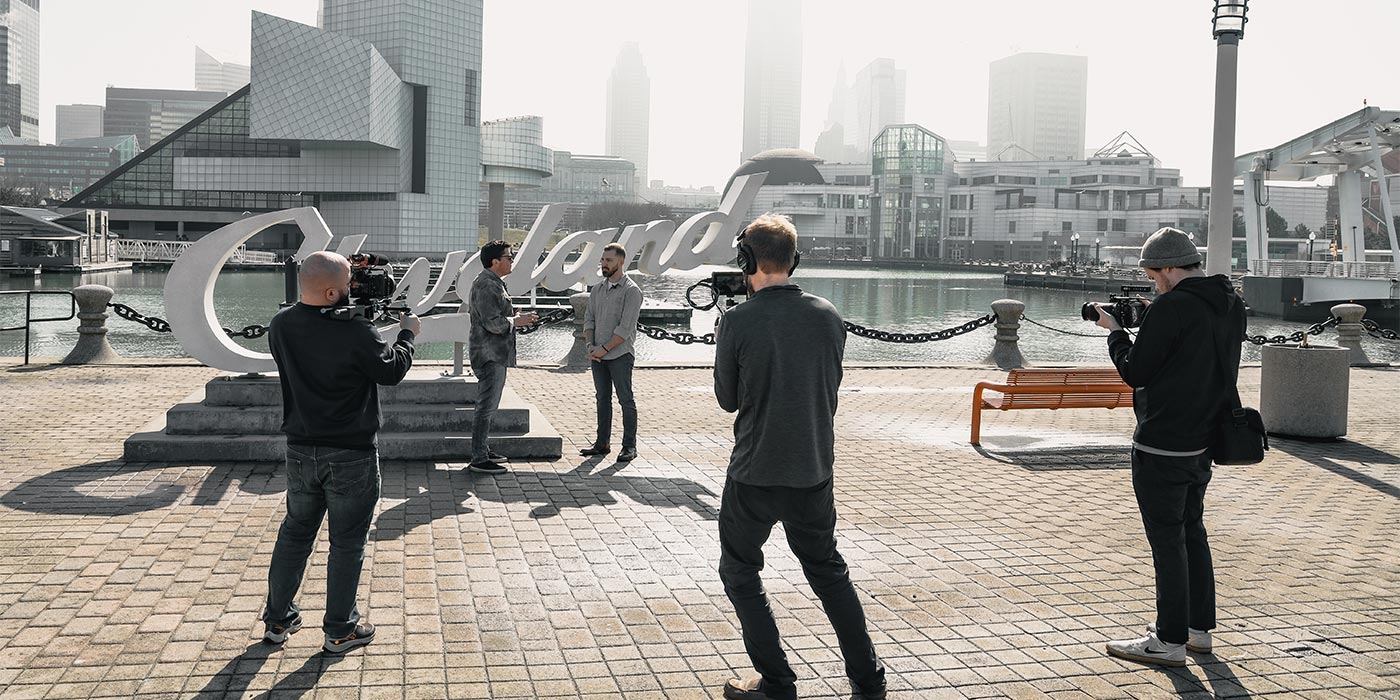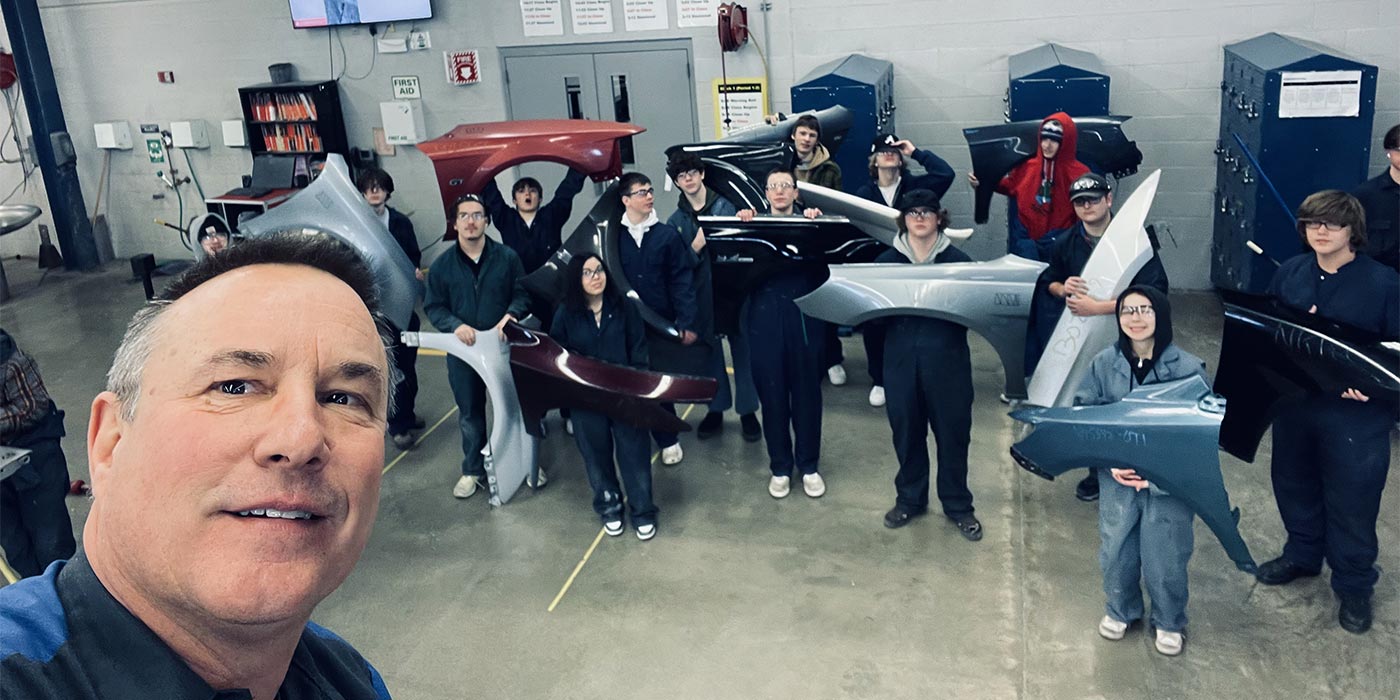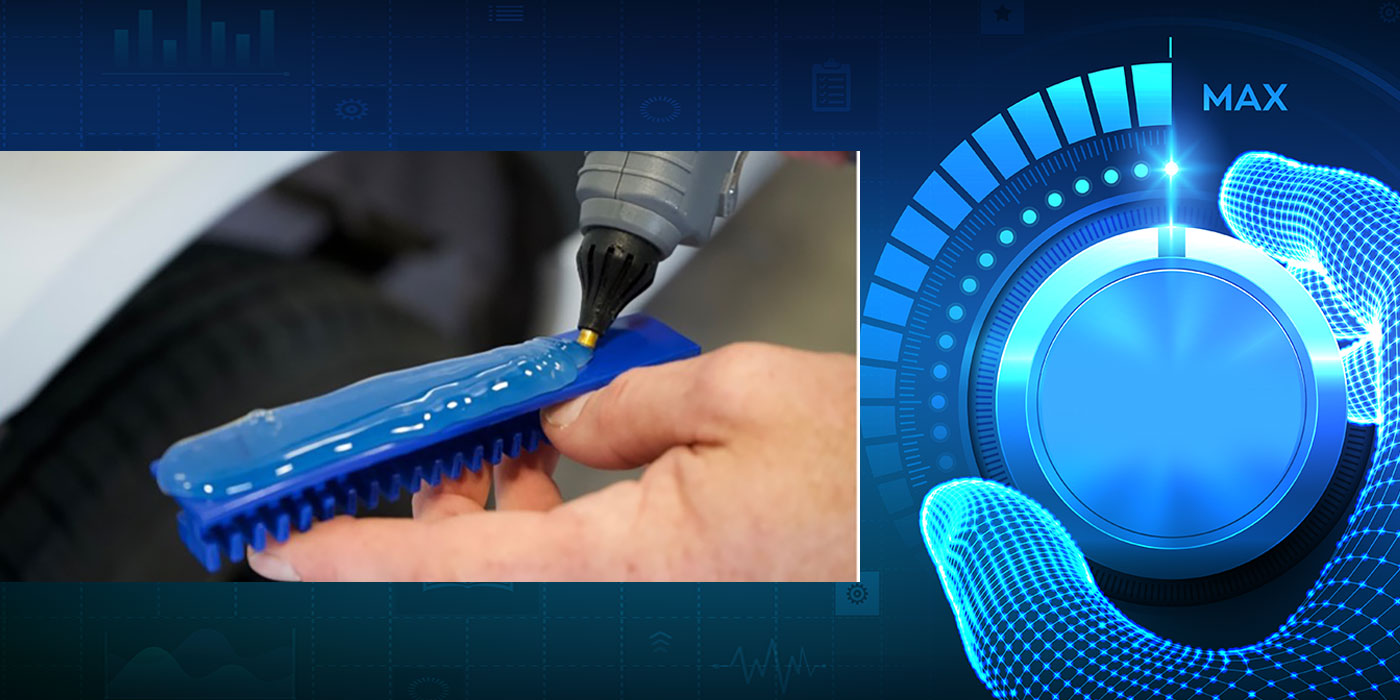Like most people who major in French literature, Linda Grossman, president of Grossman Chevrolet Nissan, never thought she would be working in the car business. But when she was a junior in college, her father, Jon, bought a dealership, and upon doing so, told her, “If you want to try this when you get out, it’s here for you.”
Grossman agreed, and when she graduated in 1992, thinking she was going to go to grad school, she packed up, got an apartment and started selling cars.
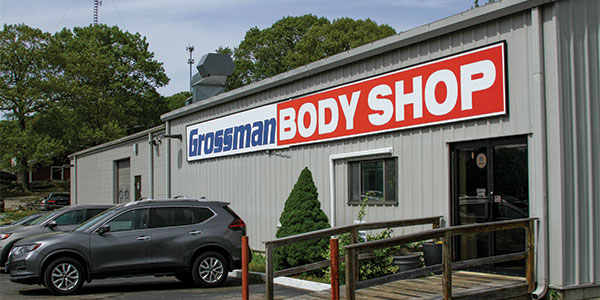
“He had me work in all the departments,” Grossman recalls. “I never worked in the office and I’ve never worked in parts, but we had a body shop off-site that I used to work at and sell used cars at, and then worked in service, worked in sales, worked in finance, sales management and kind of got to know my way around the dealership that way.”
It took her about a decade to get a solid handle on most of the company’s operations. About 10 years ago, Jon, who is now 94, started phasing out of the business, leaving the dealership in her hands. And for Grossman, the best part about being in the business “is just the overall blessing of having worked with my father for 25 years.”
Who Runs the World? (Girls)
With the automotive industry being heavily male-dominated, having a dealership body shop where women make up a significant portion of the leadership and management roles is rare — but it’s par for the course at Grossman Chevrolet Nissan.
For instance, while Grossman’s office is at the Chevrolet dealership, her comptroller, Linda Sawyer, sits at the Nissan dealership across the street and handles much of the day-to-day tasks for her, particularly on that side of the road. As a result, Grossman focuses on some of the bigger-picture items, such as overseeing managers, marketing plans and facility projects. But several of her other managerial staff are women as well, including her fixed ops director, business development director and her collision center manager, Jennifer Lewis.
“I think it sets us apart in that we sort of culturally understand some of the challenges that women have in the work environment, whether it has to do with interacting with strong-personality men, also juggling the obligations of family life and being a little bit more tolerant of that,” Grossman says. “I’ve just found some higher-level executive organization skill sets that are interesting that the women that work for me have brought to the table.”
One such example is that Grossman Chevrolet Nissan offers some flexibility in employee hours. They don’t have to keep track of missed hours when they have to run out for appointments or family obligations, but even so, they keep their missed hours in mind and always make them up.
Grossman Chevrolet Nissan has also tried to develop a culture where employees — men and women alike — don’t have to feel shamed for not having enough experience or not knowing what to do in a certain situation.
“You still do have to have the thick skin that just takes time and experience [to develop]. But I think we try to foster that … environment where we don’t shame or we don’t belittle for the lack of experience. We just say, ‘Okay, you made this mistake, this is how we’ll do it next time.’ Or, ‘Here’s some options for how you should handle this time,’” Grossman explains.
And, of course, Grossman’s and Sawyer’s doors are always open, so employees can come to them with these troubles. Usually, they’ll seek them out for different reasons. For example, they might go to Grossman to ask about how to craft an email for a problem situation but go to Sawyer to discuss compensation issues or employee discipline.
With this sort of culture, it’s no wonder the company takes mentoring seriously in order to cultivate both management and technician skills. Lewis, in fact, is a prime example of that mentoring: When she joined the company, she had only been a shop assistant before and not a full-fledged manager. Though she had a lot to learn, the company took the time to slowly mentor her.
Grossman understands there’s a balance to be struck, but she’s adamant that culture is paramount and that it’s worth investing in employees this way. “Maybe things weren’t moving as fast as we wanted them to, but we were able to mentor her [Lewis] and give her more management skills.”
To that end, Grossman advises other women looking to get into the automotive space to not only reach out to mentors and others in the industry but to also find the right fit.
“Look for the culture of the kind of place that you want to work, whether it’s a dealership or an independent. And I think that the culture is what makes your experience rewarding and allows you to grow to the next level,” she says. “And so I think finding a place culturally that aligns with your objectives and your goals and your long term — sometimes I think that’s worth sacrificing a little bit of income to get that quality of life and the nurturing experience that you’re looking for.”
Grossman Chevrolet Nissan keeps that top-of-mind in its own hiring practices. Techs must be a culture fit, Grossman asserts. “I don’t care if you produce 200 hours a week: If the shop doesn’t get along with you, it’s not going to work,” she declares.
Welcome to Collision Island
There are definite synergies and challenges to running a separate collision center at a dealership. One of the disadvantages, Grossman says, regards the body shop’s expense structure to help support the rest of the dealership.
“They pay for the big sign up front and they participate in the things that normally a … body shop wouldn’t necessarily participate in,” Grossman says. “But on the flip side, they have a structure of staff that maybe not every other body shop has, with full accounts payable, full accounts receivable, all of those departments. And the convenience of having a parts department on-site.”
Of course, while it might seem like a dream-come-true to have a dealership parts department right there for use, the truth is that the dealership’s service center gets priority on the parts, so the challenge becomes balancing how many parts can get funneled to the body shop.
For Grossman Chevrolet Nissan’s collision center, the greatest challenge is that it has its own separate building. As such, the collision team is sort of an island, not interacting with the rest of the dealership as much as Grossman would like. But one of the ways that Grossman tries to make the collision shop employees feel included and heard is by holding a weekly meeting at the collision center and walking through the shop. During this time, she greets everyone personally and allows them all to talk to her (even if most of the time they choose not to).
“Just saying good morning to each tech and letting them know that you know their name I think is really important,” Grossman states.
During this weekly meeting, the team will discuss facility issues and see what they can solve and what has to get put on a wish list. For instance, one of the biggest issues has always been that the collision center doesn’t have its own bathrooms, so the workers have to walk over to the main dealership for such breaks. And while the upside to this is that it allows for more interaction between the body shop employees and those in the Chevrolet dealership, it is inconvenient for the techs and takes extra time away from the jobs. Therefore, Grossman Chevrolet Nissan is currently building bathrooms for the shop.
What’s Your Pay-Out?
Visual aids and magnetic work boards in the shop keep techs appraised of the various workflows in place. But one of the other ways Grossman Chevrolet Nissan has tried to implement more efficient work processes at the collision center is with a pay plan based on the number of hours put in with bonuses for reaching certain thresholds. “We’ve created pay plans that get them where they want to be but then give them additional if they go above and beyond,” Grossman explains.
However, she admits that none of the techs really understood the plan when it was first presented; they dismissed it, thinking they would never hit those “bonus” hours, and preferred to just get paid a flat amount per hour. But in the last few months, they’ve started hitting those tiers, and now they’re figuring out how to calculate their pay before the month is over. It allows the techs to be in control of their wages, and as a result, has more of them asking if they can work extra — on Saturdays, for instance — in order to reach a new bonus tier.
“And now that they’ve seen that those pay plans actually work … that’s been helpful for them to see the throughput, like, ‘Oh my gosh, when I get four cars done in a week instead of two, look at the difference that it makes in my hours,’” Grossman says.
Sometimes, if techs get within a few hours of hitting the next goal, the company will just give them the extra pay as a token of appreciation. But, Lewis also makes sure to ask those techs what they could have done to hit their goals instead.
Building a Team
As evidenced from the different initiatives at Grossman Chevrolet Nissan, women bring a different perspective to business management, so having more of them on your team can only benefit your shop in the long run. But marketing to women that your shop has a welcoming and nurturing culture is crucial. However, once that foundation is set and one woman joins, more are apt to follow.
“I think that once you start building a team of women, more women become interested in working for you,” Grossman concludes.

